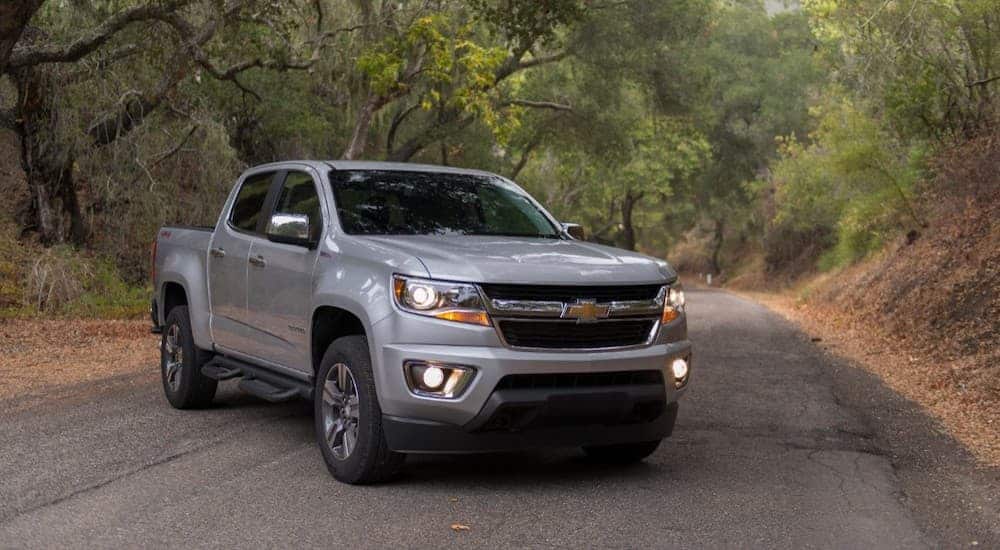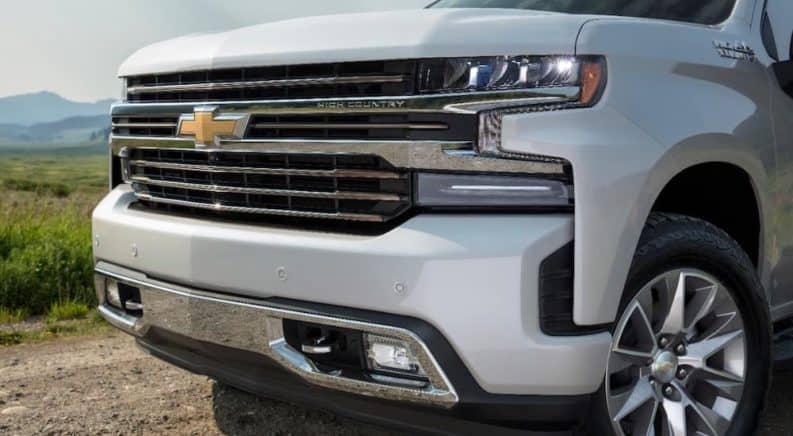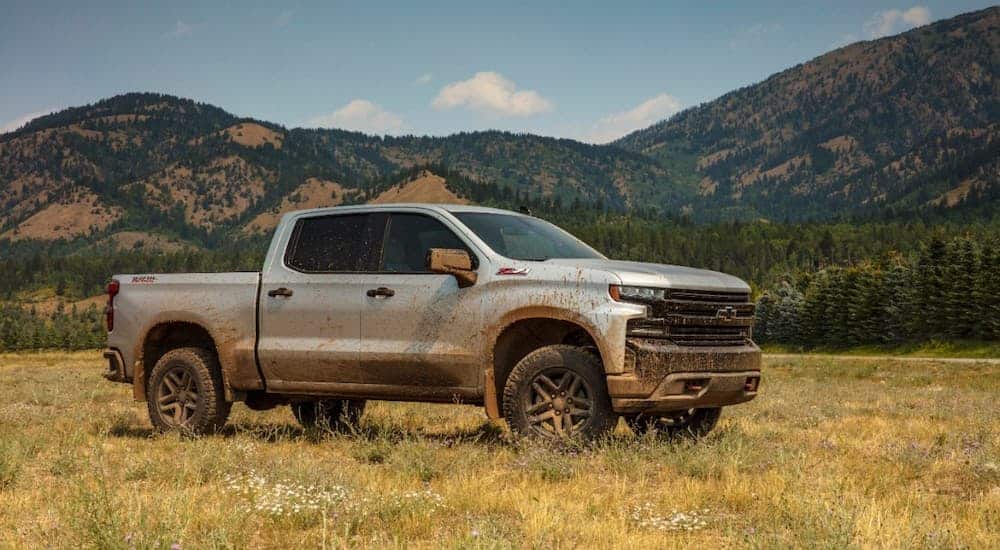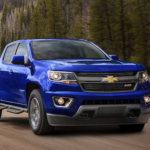Sticker prices are rising higher and higher, and it isn’t just because of inflation. The features that have made the modern vehicle a home away from home are becoming more prolific by the years, and they are not coming cheap. It won’t be long before you see Chevy trucks carrying the $100,000 sticker price. The question is: is it worth it?
James Bond can afford an Aston Martin worth six figures or rather British Intelligence can. The Batmobile’s sticker price was probably outrageous, though to be fair, that was mostly aftermarket additions. A Delorean from Back to the Future sold at auction for more than a half million dollars. Most real people outside the land of fiction can’t afford vehicles worth more than $100,000, and many never even want one. We are perfectly fine with our Scooby Doo Mystery Machine or even a Camaro pre-Bumblebee transformation.
Getting Your Money’s Worth
It is understandable that some may want a Bugatti or Lamborghini worth a moderate fortune. Those are collectibles for those with expendable cash. They are worth more being ogled than they are worth when driving. But Chevy trucks were meant to be driven. Furthermore, they were meant to be used. Pickup trucks have long been a status symbol of the working man. If there were nicks in your tailgate or chunks taken out of the truck bed, it meant you were getting your money’s worth out of your pickup truck. It was earning its keep on a daily basis, tow by tow and haul by haul.
So this begs the question, does a $100,000 truck still carry that same tag of honor? How many people who can and are willing to shell out that much money for a pickup truck using it for the traditional utility of a pickup truck? Or has this once powerful bastion of the blue-collar class become an upwardly mobile?

Pickup Trucks Value
Perhaps no other type of vehicle on the market has such a price disparity between its base trim level and its highest trim level. For example, the 2019 Chevy Silverado 1500 has eight trim levels, ranging from the Work Truck to the High Country. The Work Truck is as honest as a name as you will find in the automotive industry. It is a bare-boned, single cab work truck with little to no bells and whistles. It is there for one reason and one reason only – to work. It starts at $28,300.
On the other end of the spectrum is the High Country. This is the top of the line Chevy Silverado, complete with all the frills Chevy has to offer. Every safety feature, every infotainment feature, every body modification, everything is found on this trim level, and the sticker price shows it. The High Country starts at $54,495 before any extra packages or aftermarket modifications are added.
The price gap between the Work Truck and the High Country is $26,195. That makes the High Country nearly double the price of the Work Truck. Now, is the utility value of the pickup truck worth paying double for all of the available features?
What Consumers are Looking For
Pickup trucks are gaining popularity as family vehicles, and that trend will likely skyrocket in the next 2-3 years. Chevy, along with other major automakers, are phasing out their car lines. While Chevy is keeping more of their cars than Ford is, they have nonetheless committed at least the next few years to concentrate on trucks and SUVs. With so many cars going off the market, trucks will take at least some of the share of the family vehicle pie that disappearing cars are leaving behind.
A lot of the surge in family vehicle popularity has to do with the automotive technology that has exploded in the last 10-15 years. While trucks still do not have as many of these features as new SUVs or cars do, they still have enough of them to make the interiors high tech and comfortable. This ability to emulate the creature comforts of home, combined with the trucks’ invariably larger sizes, has made them more appealing to parents in order to keep their families safe and entertained.
So, now these automakers have to ask themselves where the fine line between a work truck and a family vehicle is to be drawn. Of course, they want to maximize profits, but they also don’t want to alienate their customer base. Can they feasibly manufacture a pickup truck, obviously fully loaded and then some, for $100,000, and be able to sell it consistently?
Ford unveiled a Super Duty truck in late 2017 that flirted with that line, coming in at just under $96,000. After the requisite taxes, fees, and tags, it would run the buyer over $100,000. Ford readily admitted that its target audience “is someone who tows a $250,000 horse trailer with million-dollar horses on board, or a six-figure boat, and is looking for a truck to match.” That is not the Work Truck demographic. That horse trailer can be towed by a $54,495 Chevy Silverado High Country. That trailer doesn’t need a $100,000 truck. It simply wants one.
Chevy is reportedly interested in approaching this milestone, as well. If this Ford Super Duty sells even modestly, Chevy and Ram alike will probably move ahead with the research and development to reach out to this demographic. The inherent danger, though, in making this vehicle as a limited edition or custom vehicle, is that it is a very unstable demographic. The taste can turn on super expensive cars at a moments notice. The risk of sinking so much time and money into a truck that could be a massive flop is very real. Ford learned that lesson the hard way with the Edsel, as have many other automakers around the world.
There is a reason that many concept cars remain in the concept stage. They may be fun to look at, they may hold potential, they may push boundaries – every automotive engineer in the world dreams of being the one who reinvents the proverbial wheel. While this $100,000 truck is not quite the same thing, it still seems like the kind of idea that should give the corporate suits some pause. Yes, they will sell some of these. If they are lucky, it might become a fad for the 1%. Those trends are as unpredictable as anything on Earth, though.
Pickup Truck Development
Moral of the story – even if Chevrolet and General Motors pursue the idea of a $100,000 truck, it is not likely to affect the development of its other truck lines. They will still make the Silverado 1500, 2500, 3500 and Colorado. Ford and Dodge will still make their trucks, too. This will be a niche vehicle, available only to a limited few who “need” one. What Chevy, Ford, and Dodge have to respect is the age-old concept of the working man’s truck. They can make a big, new, shiny pickup truck full of all the latest gadgets and gizmos all they want, as long as they still know where they came from.
Speaking of famous vehicles from movies, Jurassic Park had a pretty famous and recognizable custom Ford Explorer. The movie also had a memorable line: “Your scientists were so preoccupied with whether or not they could, they didn’t stop to think if they should.”
Substitute engineers for scientists, and it seems kind of appropriate.





